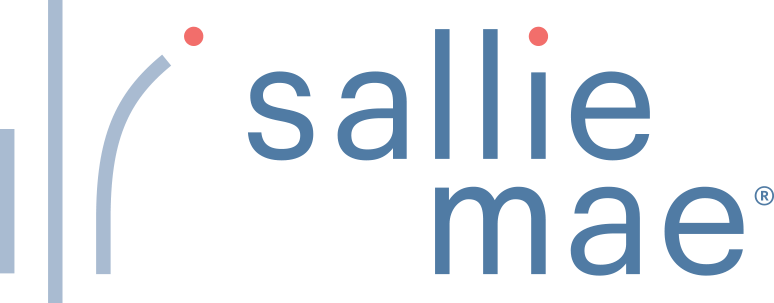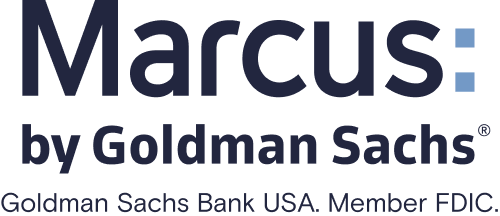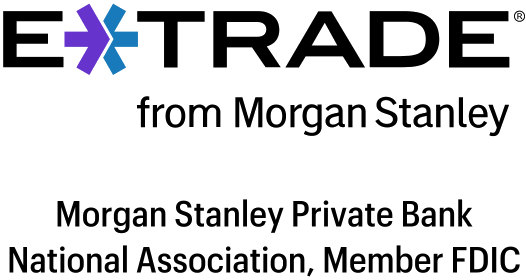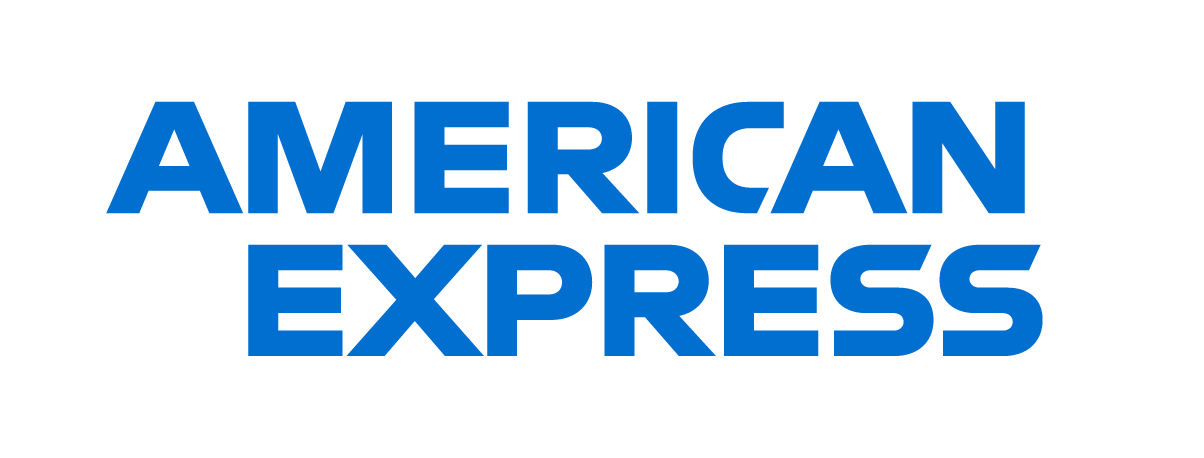12 Best 5-Year CD Rates for January 2026
+ 1 more
Many or all of the products on this page are from partners who compensate us when you click to or take an action on their website, but this does not influence our evaluations or ratings. Our opinions are our own.
The best five-year CD rates tend to be much higher than the national average rate of 1.34% APY. These CDs can help you work toward your individual savings goals.
» Want to see a wider pool of high rates? See our list of the best CD rates
Why trust NerdWallet
Strict editorial guidelines to ensure fairness and accuracy in our coverage to help you choose the financial accounts that work best for you. See our criteria for evaluating banks and credit unions.
Around 100 financial institutions surveyed by our team of experts.
More than 50 data points considered for each bank and credit union to be eligible for our lists. For this CD list, three data points were considered per institution.
Best 5-Year CD Rates
| Bank/institution | NerdWallet rating | Minimum deposit | APY | Learn more |
|---|---|---|---|---|
4.7/5 | $1,500 Member FDIC | APY 3.70% | Learn moreon partner's site at Bread Savings®, Member FDIC | |
5.0/5 | $0 Member FDIC | APY 3.75% | ||
4.6/5 | $2,500 Member FDIC | APY 4.00% | ||
5.0/5 | $500 Member FDIC | APY 3.90% | ||
5.0/5 | $1,000 Federally insured by NCUA | APY 3.78% | ||
4.5/5 | $0 Member FDIC | APY 3.75% | ||
4.2/5 | $1,000 Member FDIC | APY 3.75% | ||
4.1/5 | $1,000 Federally insured by NCUA | APY 3.65% | ||
5.0/5 | $0 Member FDIC | APY 3.50% | ||
3.8/5 | $0 Member FDIC | APY 3.50% | ||
4.5/5 | $0 Member FDIC | APY 3.60% | ||
4.5/5 | $0 Member FDIC | APY 3.60% |
- Learn moreon partner's siteat Bread Savings®, Member FDICNerdWallet rating4.7/5Learn moreon partner's siteat Bread Savings®, Member FDIC
Minimum deposit
$1,500
Member FDIC
APY
3.70%
Our Take
Why We Like ItBread Savings® offers an attractive rate on its CD, though the minimum is somewhat high.
- NerdWallet rating5.0/5
Minimum deposit
$0
Member FDIC
APY
3.75%
Our Take
Why We Like ItSynchrony has no minimum to open its CDs.
- NerdWallet rating4.6/5
Minimum deposit
$2,500
Member FDIC
APY
4.00%
Our Take
Why We Like ItThe student loan provider also offers CDs, including a solid five-year rate. It has a somewhat steep minimum of $2,500, though.
- NerdWallet rating5.0/5
Minimum deposit
$500
Member FDIC
APY
3.90%
Our Take
Why We Like ItGoldman Sachs’ online-only consumer bank has a competitive APY on its five-year CD term and a low opening minimum of $500.
- NerdWallet rating5.0/5
Minimum deposit
$1,000
Federally insured by NCUA
APY
3.78%
Our Take
Why We Like ItNASA Federal Credit Union focuses on NASA employees but lets anyone join by agreeing to a free membership to the National Space Society. The credit union’s five-year share certificate has a competitive yield and a somewhat low opening minimum of $1,000.
- NerdWallet rating4.5/5
Minimum deposit
$0
Member FDIC
APY
3.75%
Our Take
Why We Like ItThe online trading platform E*TRADE, owned by Morgan Stanley Private Bank, has solid rates on bank CDs, including five-year terms. There’s no minimum deposit required.
- NerdWallet rating4.2/5
Minimum deposit
$1,000
Member FDIC
APY
3.75%
Our Take
Why We Like ItThe online-focused TAB Bank offers a range of CDs online, including a competitive five-year term. Its opening minimum of $1,000 is on the lower end.
- NerdWallet rating4.1/5
Minimum deposit
$1,000
Federally insured by NCUA
APY
3.65%
Our Take
Why We Like ItThe online-focused credit union has a solid five-year certificate rate and a somewhat low opening minimum deposit of $1,000.
- NerdWallet rating5.0/5
Minimum deposit
$0
Member FDIC
APY
3.50%
Our Take
Why We Like ItOnline bank Ally has no minimum to open its CDs, which have solid rates.
- NerdWallet rating3.8/5
Minimum deposit
$0
Member FDIC
APY
3.50%
Our Take
Why We Like ItThe credit card issuer and online bank American Express offers a competitive five-year CD term, and the minimum deposit requirement is $0. Disclosure: "All information about American Express® CDs has been collected independently by NerdWallet. American Express® CDs are no longer available through NerdWallet."
- NerdWallet rating4.5/5
Minimum deposit
$0
Member FDIC
APY
3.60%
Our Take
Why We Like ItCapital One has no opening minimum for its CDs, and its five-year rate is competitive.
- NerdWallet rating4.5/5
Minimum deposit
$0
Member FDIC
APY
3.60%
Our Take
Why We Like ItDiscover® Bank, a division of Capital One, has a decent lineup of online CDs, including its five-year term. As an unusual perk, the bank has no opening CD minimum.
» Want to see more options? Check out our list of the best CD rates overall
Best 5-year CD rates for January 2026
Sallie Mae Bank: 4.00% APY.
Marcus by Goldman Sachs: 3.90% APY.
NASA Federal Credit Union: 3.78% APY.
Synchrony Bank: 3.75% APY.
Bread Savings®: 3.70% APY.
E*TRADE: 3.75% APY.
TAB Bank: 3.75% APY.
Alliant Credit Union: 3.65% APY.
Capital One: 3.60% APY.
Discover® Bank: 3.60% APY.
Ally Bank: 3.50% APY.
American Express: 3.50% APY.

5-year CD trends
NerdWallet picks’ average:
3.71% APY
National average:
1.34%
What to know about the best five-year CD rates right now
Find a good deal. A five-year rate around or above 3.50% APY is currently competitive. These rates tend to be at various online banks and credit unions.
Don’t sweat higher short-term rates. One lingering trend in the current rate environment is that five-year rates remain lower than shorter-term rates for national averages and high-yield CDs. Even though the best one-year CD rates are closer to 4%, remember that five-year CDs have longer periods to compound interest and can result in higher returns than one-year CDs, even if they have higher rates. Use our CD calculator to try out specific scenarios.
Use a CD ladder to benefit from five-year rates
If putting one sum into a single five-year CD sounds like a big decision, you can make things easier by considering a CD ladder instead. Put multiple CDs into terms of different lengths, and when each CD matures, you can consider reinvesting money into new five-year CDs over time. Learn more about CD ladders.

See CD rates by term and type
Compare the best rates for various CD terms and types:
How do CDs work?
Learn more about choosing CDs, understanding CD rates, and opening and closing CDs.
Choosing CDs:
See CD rates by bank
Here’s a quick list of CD rates at traditional and online banks and a brokerage:
Last updated on December 23, 2025
Methodology
On a monthly basis, we compare rates at 50 financial institutions, pulled from our full list, that we’ve seen to be consistently competitive and available nationwide. On a quarterly basis, we analyze our full list. We exclude brokered CDs, since those accounts work differently from standard bank CDs. Higher rates might be available elsewhere.
Financial institutions and financial service providers researched include the largest U.S. banks based on assets, internet search traffic and other factors; the nation’s largest credit unions, based on assets and membership; and other notable and/or emerging players in the industry. We rated them on criteria including annual percentage yields, minimum balances, fees, digital experience and more.
The full list of financial institutions and providers surveyed are: Affirm, All America Bank, Alliant Credit Union, Ally Bank, Amalgamated Bank, American Express National Bank, Andrews Federal Credit Union, Associated Bank, Axos Bank, Bank of America, Bank5 Connect, Barclays, Bask Bank, BMO, BMO Alto, Boeing Employees Credit Union, Bread Savings®, BrioDirect, Capital One, CFG Bank, Charles Schwab Bank, Chase, Chime, CIBC U.S., CIT Bank, Citibank, Citizens, Citizens Bank, Climate First Bank, ConnectOne Bank, Connexus Credit Union, Consumers Credit Union, Current, Customers Bank, Discover® Bank, E*TRADE, EverBank, Fifth Third Bank, First Foundation, First Internet Bank, First Tech Federal Credit Union, FNBO Direct, Forbright Bank, FourLeaf Federal Credit Union, GO2bank, Golden 1 Credit Union, Hope Credit Union, HSBC Bank, Huntington Bank, Ivy Bank, Jenius Bank, KeyBank, Lake Michigan Credit Union, Laurel Road Bank, LendingClub Bank, Live Oak Bank, M&T Bank, Marcus by Goldman Sachs, My Banking Direct, NASA Federal Credit Union, Navy Federal Credit Union, NBKC, Newtek Bank, OMB Bank, OnePay, Openbank, Pentagon Federal Credit Union, PNC, Poppy Bank, Popular Direct, Quontic Bank, Regions Bank, Revolut, Salem Five Direct, Sallie Mae Bank, Santander Bank, SchoolsFirst Federal Credit Union, Security Service Federal Credit Union, Securityplus Federal Credit Union, Self-Help Credit Union, Service Credit Union, SoFi, State Employees’ Credit Union of North Carolina, Synchrony Bank, TAB Bank, TD Bank, Truist Bank, U.S. Bank, UFB Direct, Upgrade, USAA Bank, Varo, Vio Bank, Wells Fargo, Western Alliance Bank and Zynlo Bank.
NerdWallet's Best 5-Year CD Rates for January 2026
- Bread Savings® CD: 3.70% APY
- Synchrony Bank CD: 3.75% APY
- Sallie Mae Bank CD: 4.00% APY
- Marcus by Goldman Sachs High-Yield CD: 3.90% APY
- NASA Federal Credit Union Share Certificate: 3.78% APY
- E*TRADE Certificate of Deposit: 3.75% APY
- TAB Bank CD: 3.75% APY
- Alliant Credit Union Certificate: 3.65% APY
- Ally Bank High Yield CD: 3.50% APY
- American Express® CD: 3.50% APY
- Capital One 360 CD: 3.60% APY
- Discover® CD: 3.60% APY
Frequently asked questions
Are five-year CDs worth it right now?
Getting a long-term, such as a five-year, CD can make sense if you're trying to spread out your investments, guarantee yourself a risk-free return, or want to ensure you won't spend a sum of your savings for a few years.
How do CD rates work?
CD rates are quoted as an annual percentage yield, or APY, which is how much the account earns in one year including compound interest. Banks generally compound interest monthly or daily.
» See what CDs can earn with our CD calculator
When should you get a CD?
You should get a CD only if you know you won’t need those funds during its term. Pulling money out of a CD before its expiration date will likely result in an early withdrawal fee, which is typically a percentage of the interest earned.
What's better: CDs or high-yield savings accounts?
It depends on what's more important to you: rates or access to your money. The current CD rates tend to be higher than the best savings account rates, but you sacrifice access to money in CDs. If that doesn't work for you, check out our list of best online savings accounts.
» Learn more about CDs vs. regular savings accounts
What's better: CDs or investment accounts?
It depends on the level of risk you want to take. Investment, or brokerage, accounts can have higher returns than CDs, but CDs guarantee returns. They're typically federally insured for up to $250,000 and offer fixed interest rates. Brokerage accounts can be riskier, since you aren’t protected against losses.











